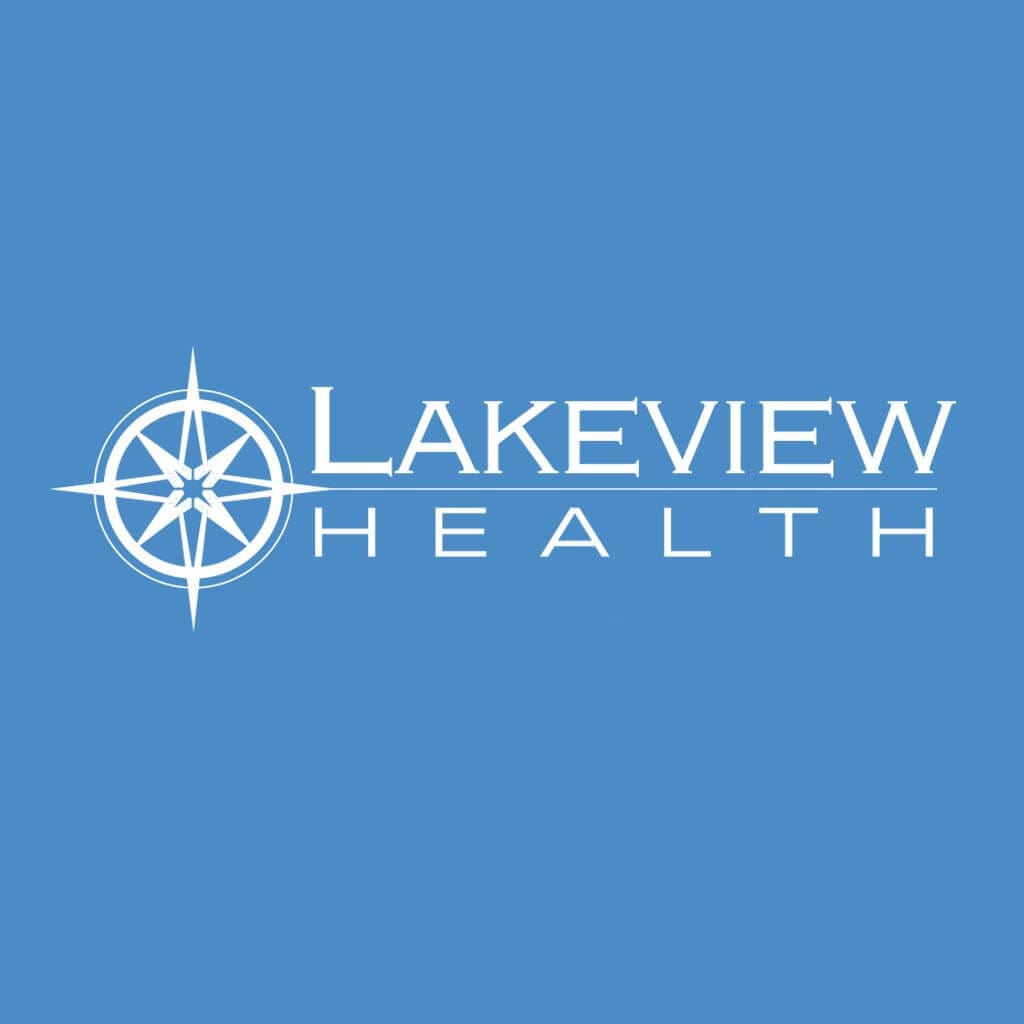

By: Lakeview Health
Addiction is a complex disease that requires intervention on multiple levels over a considerable time span. To ensure continuity of care for patients, Lakeview Health uses five levels of care that correspond to those recommended by medical associations and accepted by insurance providers. The level of care is determined by the amount of medical and clinical care necessary to help patients clear their body of alcohol and drugs and to establish the skills and support system needed to live life in recovery. “We have a sophisticated progression,” says Mandy Jack, clinical director at Lakeview Health.
“Our programs are designed to ensure that everybody can transition from the highest level of care down to the lowest level and get maximum health benefits.”
– Mandy Jack, Clinical Director
Detoxification is often the first step. It is the most intensive level of care. One of the Lakeview advantages is its on-site detox clinic. Many addiction treatment centers handle the detoxification process through a local hospital or another medical facility, or they only admit patients who have already completed detoxed. At Lakeview, the detox process is fully integrated into the treatment program and supervised around the clock by licensed staff and medical professionals. Once patients are medically stabilized, they can start their residential rehabilitation program. Lakeview’s continuity of care system is very flexible, and patients can also join the residential rehab level after they have gone through detox elsewhere. “If somebody detoxed at a medical hospital, he or she can come straight into residential rehab at Lakeview,” says Jack. At this level, patients begin to interact more with their support community at the facility—including therapists in their primary groups and their peers. Therapy can also begin to address any underlying mental health issues that might be behind the substance use disorder. Lakeview patients frequently present with other psychological and medical problems. Depression and anxiety disorders are common among addicts, and many are dealing with multiple physical health issues as well. Many suffered traumatic episodes in the past and developed posttraumatic stress disorder as a consequence. The treatment team at Lakeview Health includes psychological counselors and medical staff that are trained to diagnose and treat co-occurring disorders the moment patients are admitted. The integrated care addresses both recovery and the overall health of the patient. All staff at Lakeview have been trained in trauma-informed care, and patients also benefit from the gender-responsive set-up. In 2016, Lakeview added a pain specialist to the medical team. Once patients have stabilized medically in detox and behaviorally during residential rehab, they advance to the partial hospitalization program (PHP). “At this level of treatment, they no longer require 24-hour nursing care or daily medical visits,” explains Jack. “They are beginning to do work that looks at their reintegration into the community.” Patients begin to live off-campus at facility-provided apartments and participate in off site 12-step meetings. But they still participate in lots of in-house therapy at Lakeview. The intensive outpatient program (IOP) is the lowest level of care before a patient transitions out of treatment at Lakeview Health. “The biggest difference between this and the previous level is going from 6 hours of programming a day in PHP to half of that in at the IOP level,” says Jack. Sometimes, people willing to go into recovery question whether residential treatment is really necessary and whether an IOP is more appropriate for them instead. If the patient’s substance use disorder is severe and prolonged, this could result in treatment failure. If someone has persistent cravings if the loss of control over the substance use is pronounced, and if recurrent use occurs in situations in which it is physically hazardous, attending an IOP a few times a week might be insufficient to achieve recovery. “People requiring residential treatment have reached a threshold where the disease of addiction has had such a severe impact on their lives that their ability to function is seriously compromised,” says Philip Hemphill, Ph.D., chief clinical officer of Lakeview Health. Such patients typically require all levels of care to achieve a successful recovery. Once they graduate from Lakeview, patients can rely on the aftercare program for sustained sobriety. Although it is called aftercare, the planning for this level starts as soon as a patient begins their treatment at Lakeview Health. The team works with each patient to assess their personal goals for continuing their sobriety after they leave the structured environment of the rehab center. They are also invited to join Lakeview’s alumni program, which offers phone follow-ups, monthly recovery activities, a monthly support group in Jacksonville, and email support. Quite a few alumni end up working for Lakeview. “They went through all levels of care Lakeview offers and then stayed in touch through the alumni program and support groups,” says Mandy Jack. “After several years of sobriety, they became staff members. They benefited so much from their treatment at Lakeview that they are now helping others beat addiction.”





